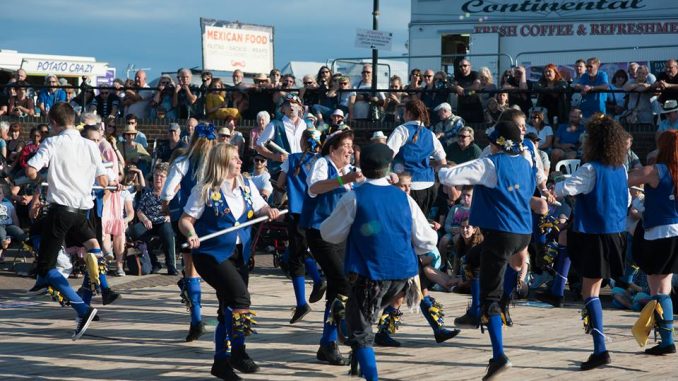
Broadstairs Folk Week organisers say they are tackling a three-year deficit through a number of changes to the festival.
Former Thanet councillor Ian Driver published details from the public accounts that show the event has made losses of £42,891 during the last three year period, with reserves at £28,000 rather than the £85,000 that should be in place at the start of each planning year in September.
The annual folk celebration, now in its 54th year, costs some £250,000 to stage around 500 events. The cost includes two staff salaries, office and insurance as well as the staging, hiring venues and associated fees.
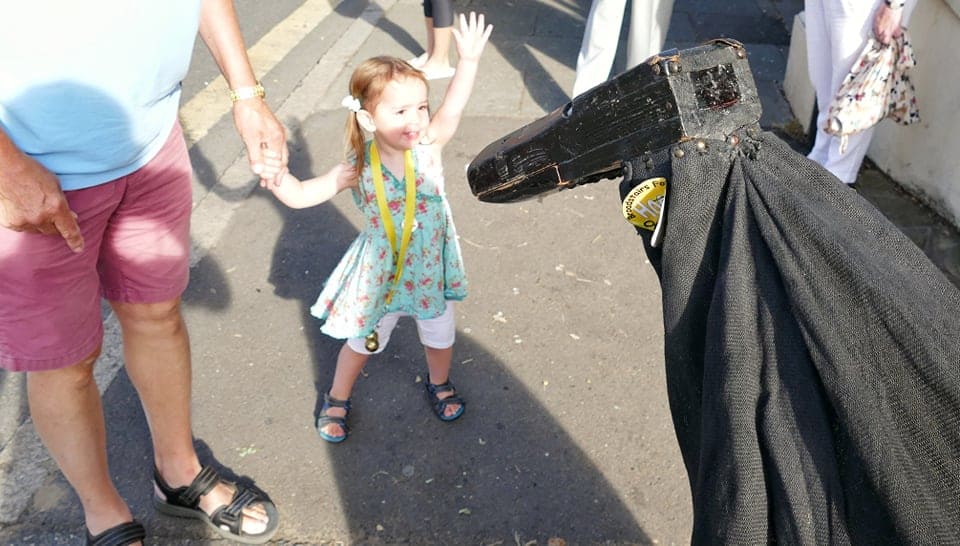
A survey undertaken in 2009 estimated that, in addition to the money that Folk Week generates for itself, it also attracts around £2.3million of additional revenue that goes directly in to the local economy – restaurants, hotels, B&Bs, pubs and shops. This doesn’t include the money that Folk Week spends on items such as hiring venues and accommodation and employing local contractors.
The charity says changes have been made to this year’s event to try and make it financially viable.
These include axing the concert marquee in Pierremont Park with main concerts taking place in existing town venues such as The Pavilion and Queen’s Road Baptist Church.
A report to stakeholders says the concert marquee has always been a net loss to the festival, and could only deliver a net surplus if it was sold out at almost every afternoon and evening concert, which is not a realistic target.
The craft fair has also had an overhaul.
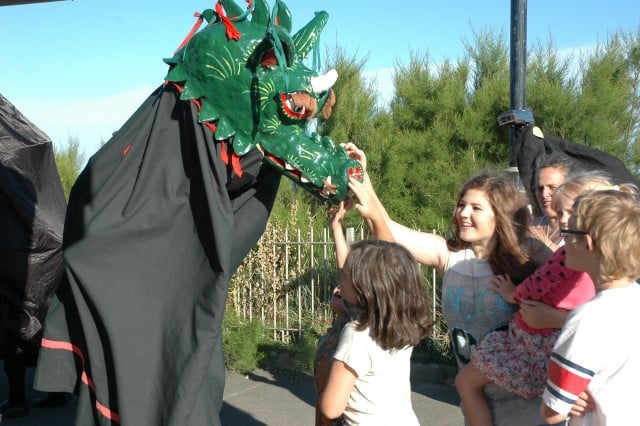
The report states: “We have had a number of deficit years which have eaten in to our reserves. We have taken a number of actions since the end of last year’s festival to address this – replacing the marquee concerts with concerts in existing town venues, refreshing and revitalising the craft fair, implementing the 200 Club, running a virtual shop, running a mini festival in January and undertaking various other fundraising events under the control of a fundraising sub-committee.
“This should give us a financially viable model, but this won’t be certain until September. We need a number of years of surplus years to build our reserves back up to their previous level which will enable us to operate each year in a secure financial position.
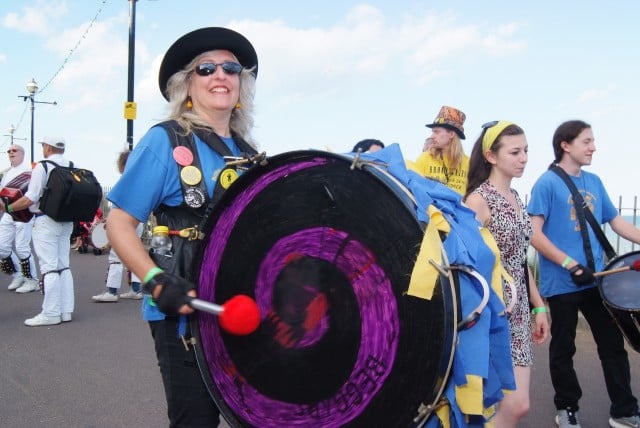
“It is unlikely that we will ever become fully self-sufficient, so we will continue to rely on the invaluable support of our Friends, sponsors, supporters and grant providers.”
The Folk Week charity says the deficit is caused for a number of reasons, including a dramatic drop in the grants available, increased costs and a number of competing events that were not being staged when the festival began.
The report adds: “As a charity, we have to be financially responsible, and ensure that any money we spend is directly linked to our charitable objects. However, we completely recognise the fact that Folk Week is a major cultural event for the area, and is welcomed by most of the people in the town. Consequently, we have a difficult balancing act – ensuring we are financially sound whilst maintaining the unique atmosphere that Folk Week generates.
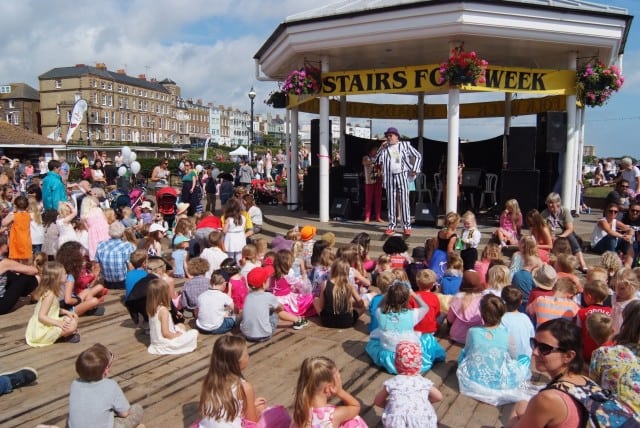
“In addition, we are fully committed to keeping Folk Week as a town-based festival, bringing ticket holders and casual visitors alike into the heart of Broadstairs, rather than running the festival on an enclosed, ticket-holders only site.”
Organisers hope to be able to encourage new sponsors, attract volunteers with specific skills, such as accounting, and maintain self-funding levels.
The report says: “Some years ago, we had an outside specialist organisation undertake a festival “health check”, which compared our finances, operation and management against other similar sized festivals.
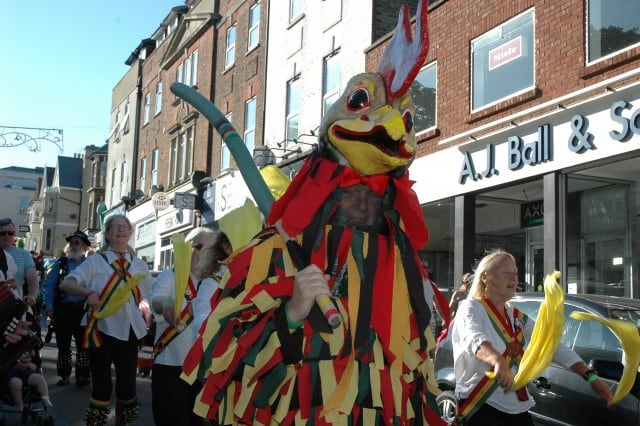
“Amongst the key points from that survey was the fact that around 75% of our income is self-generated through ticket sales, collections, fund-raising events, merchandise sales, rather than through grants. This compares to a national average of 49%.
“Our intention is to maintain this level of self-funding into the future – however, it is not realistic, given our commitment to being town-based and also being mindful of the sensitivity of our audience to ticket pricing, to target being fully self-funded. Consequently, we will continue to be reliant on the valuable support that we get from all of our supporters.”
Broadstairs Folk weeks runs from August 9-16. Find out more here

